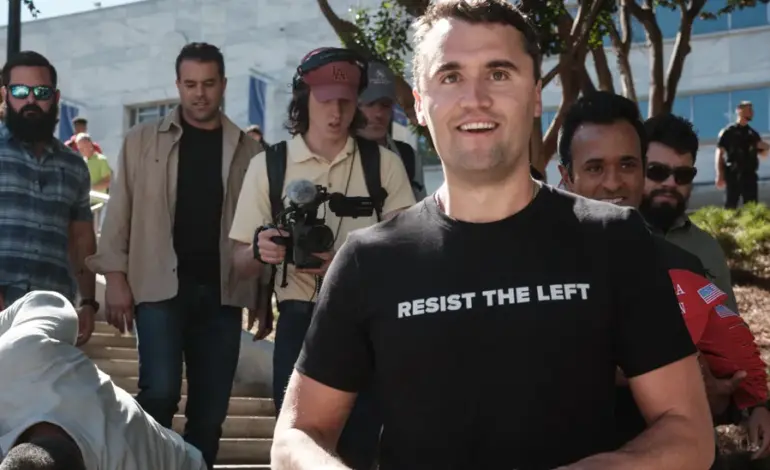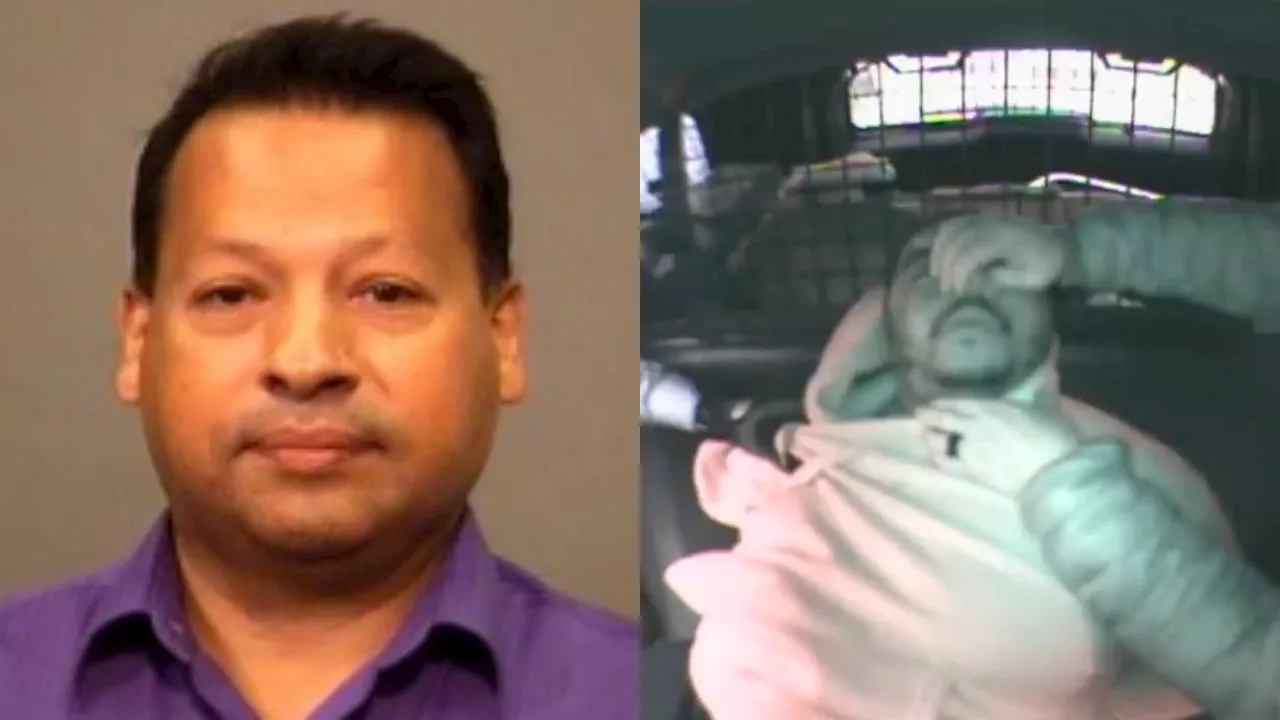Charlie Kirk’s Campus Influence Ends Tragically with Assassination

Charlie Kirk, founder of Turning Point USA, was assassinated on September 10, 2025, during an event at Utah Valley University. Known for his provocative debates and engagement with students, Kirk’s presence on college campuses had a significant impact on political discourse among young adults. His death marks a tragic end to a career that shaped the conservative movement within academic institutions.
During his campus events, Kirk often engaged in question-and-answer sessions that sparked heated discussions, particularly when debating liberal viewpoints. One notable interaction occurred just before his assassination, where he debated a college student on the ethical implications of early pregnancy testing. The debate, which lasted over thirteen minutes, was shared widely on social media. In a pivotal moment, Kirk likened the rationale behind sex-selective abortion to Nazi eugenics, a comparison that prompted the student to reconsider her stance on the issue.
In April 2025, Kirk visited San Francisco State University alongside former NCAA swimmer Riley Gaines. This visit was particularly significant given the backdrop of past protests that had escalated to violence, including an incident where Gaines was physically assaulted. Kirk highlighted the need for safe spaces, declaring, “The prisoners are running the asylum at SFSU,” referring to the chaotic environment surrounding the event.
Kirk’s influence extended beyond serious debates; he also drew attention from popular culture. The animated show South Park featured Kirk in an episode aired shortly before his death. Kirk expressed amusement at being included in the show, emphasizing its relevance to his mission of engaging college students in political discussions. Following his assassination, the episode was pulled from airing, prompting calls for its reinstatement from his executive producer, Andrew Kolvet.
Kirk’s campus outreach and ability to engage students in challenging conversations made him a prominent figure in conservative circles. He often positioned himself as a counter to what he described as radical left ideologies permeating higher education. His efforts aimed at swaying young minds toward conservative principles contributed to his status as a polarizing yet influential figure in American politics.
The tragic event that claimed his life has led to an outpouring of support from followers and a renewed focus on campus safety and freedom of speech. As the investigation into his assassination unfolds, many are reflecting on the legacy Kirk leaves behind in shaping the conversation around conservatism on college campuses.
As this story develops, the broader implications of Kirk’s work and his untimely death will likely resonate within the ongoing debates surrounding free speech and political engagement in educational environments.






